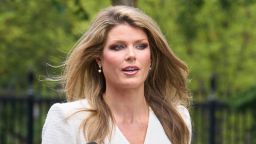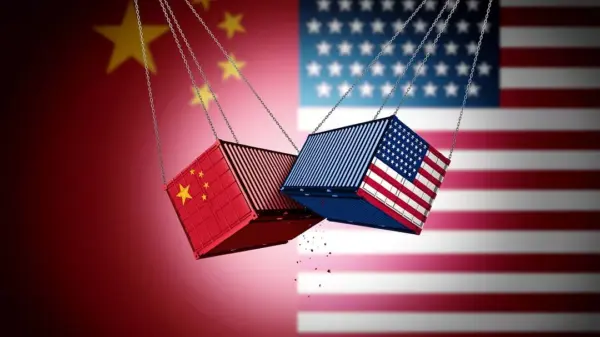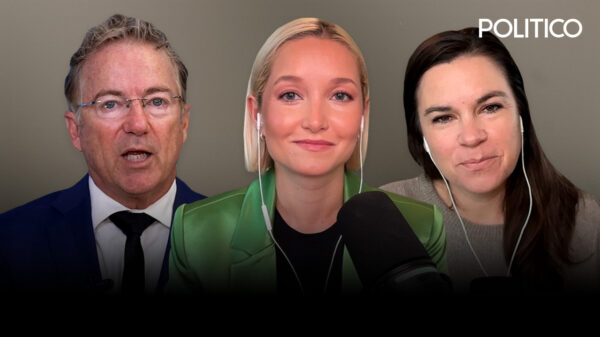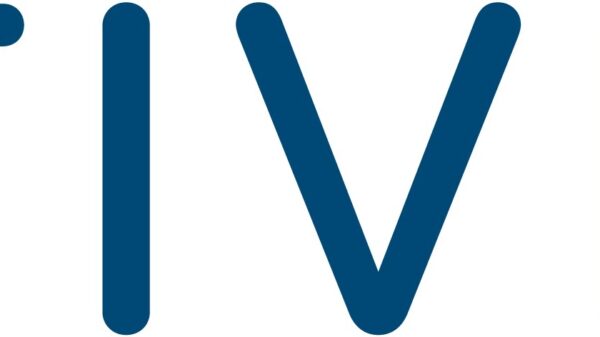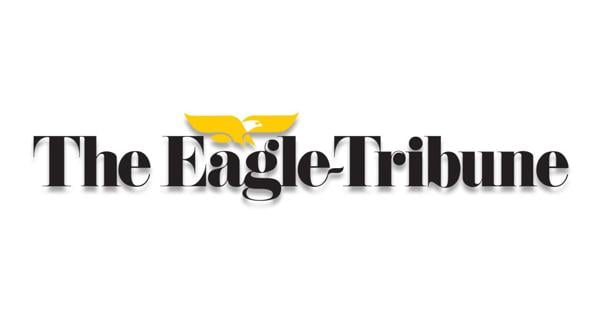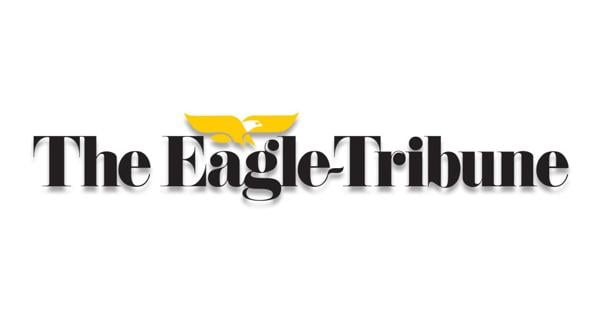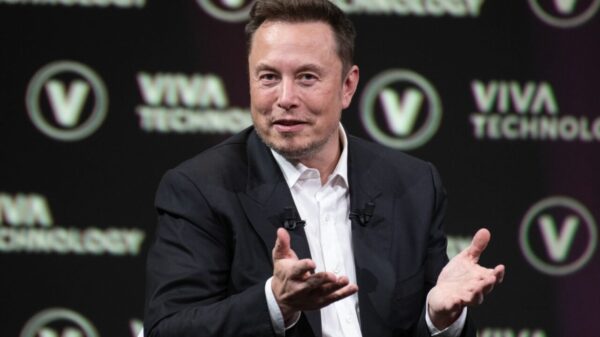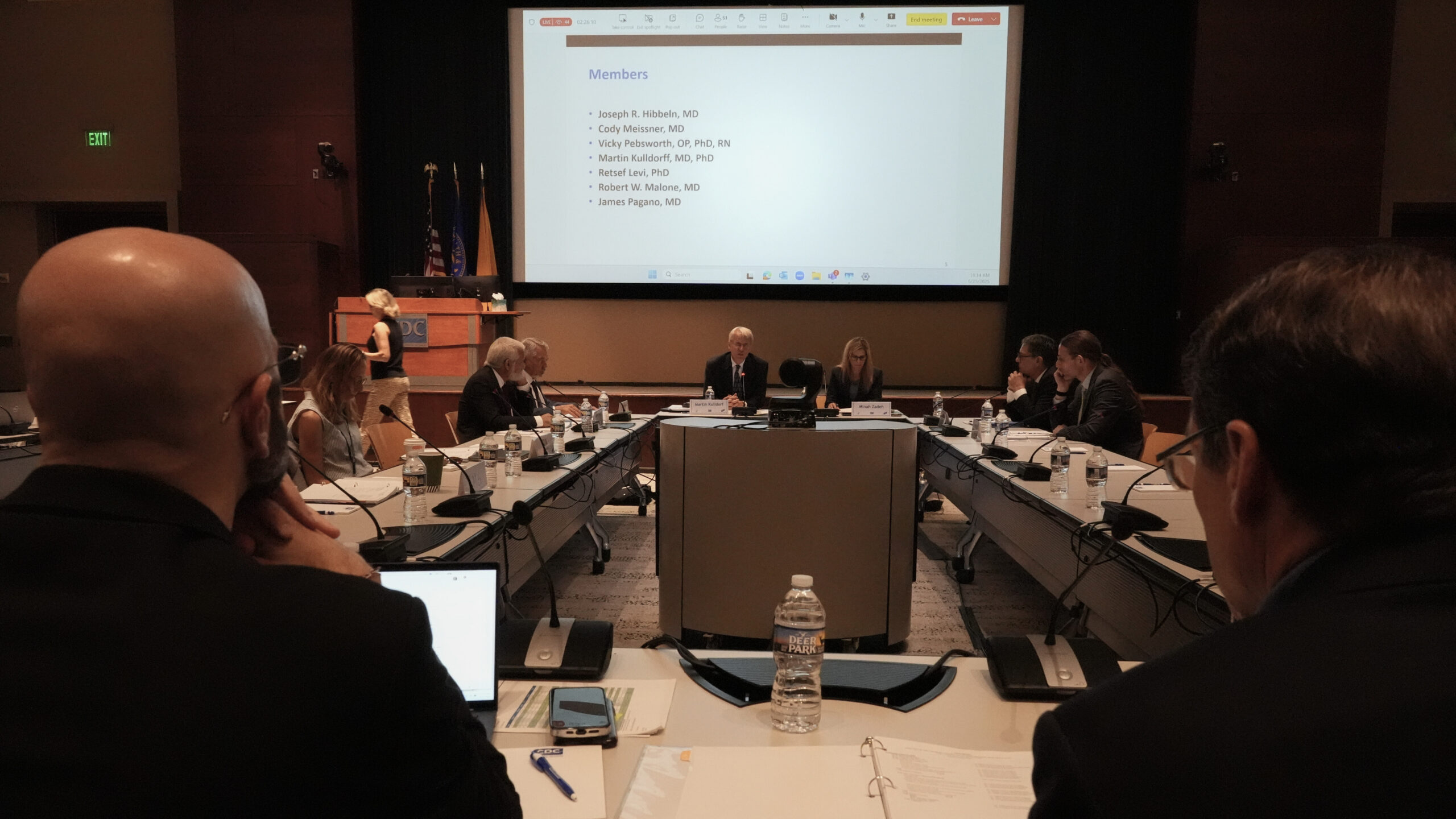Robert F. Kennedy Jr. is set to announce new appointments to a vaccine advisory panel, a move that has drawn attention due to the inclusion of several individuals who have publicly raised concerns regarding the safety of messenger RNA (mRNA) vaccines against Covid-19. This decision comes as debate continues over the efficacy and safety of these vaccines, which have been a central component of global vaccination efforts.
The anticipated panel members are expected to play a significant role in shaping future vaccine recommendations. Among the nominees, at least three have expressed skepticism about the mRNA shots, which have been administered to millions worldwide. Their inclusion could influence public perception and policy regarding vaccination, particularly as the world navigates ongoing health challenges.
Controversial Backgrounds Prompt Discussion
The new appointments will likely ignite discussions about the direction of public health policy in the United States and beyond. Critics argue that appointing individuals who question established vaccine protocols could undermine public trust in vaccination programs. Proponents, however, contend that diverse viewpoints are essential in evaluating vaccine safety and efficacy.
Kennedy, who has long been an advocate for vaccine safety, is known for his controversial stance on various health issues. His approach aims to foster transparency and open dialogue about vaccine-related concerns. As the announcement date approaches, stakeholders in the health and scientific communities are closely monitoring the implications of these appointments.
Some public health experts worry that the inclusion of panel members with a history of questioning mRNA vaccine safety could lead to increased vaccine hesitancy. This concern is particularly relevant as health authorities continue to promote vaccination as a means of controlling the Covid-19 pandemic and preventing future outbreaks.
Impact on Public Health Policy
The timing of this announcement is crucial, with new Covid variants emerging and ongoing vaccination campaigns in various countries. The panel’s recommendations could significantly impact vaccination strategies moving forward. If the new members advocate for alternative approaches or question existing methods, it could lead to shifts in public health messaging.
Ultimately, Kennedy’s decision to appoint these individuals reflects a growing trend of challenging established norms within the health sector. As the world grapples with the aftermath of the pandemic, the discussions surrounding vaccine safety and efficacy remain at the forefront of public health discourse.
With the announcement expected in June 2024, health officials and the public alike await further details on the new vaccine advisory panel and its potential influence on vaccination strategies worldwide.




